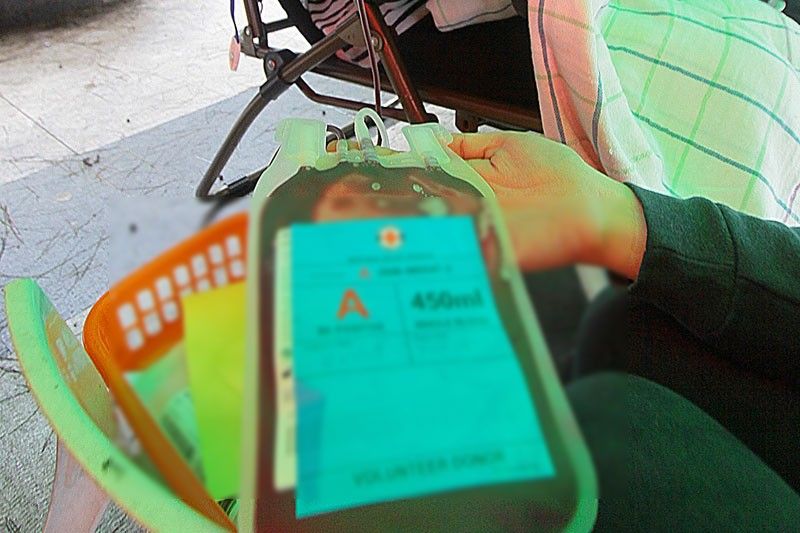Central Visayas needs more blood donors

CEBU, Philippines — Central Visayas remains hounded by the lack of blood supply for blood transfusions during medical procedures.
Data from Department of Health in Region 7 showed that only 17,757 blood bags were collected last year from the provinces of Cebu, Bohol, Siquijor and Negros Oriental.
The number fell short of its 78,777 target.
Jocelyn Tabotabo, DOH-National Voluntary Blood Services Program coordinator, said the shortage of blood supply has always been a perennial problem of the region.
"Still, we lack blood units. We are not only catering patients from Central Visayas but also in other regions that come here in Cebu to get hospitalized or have their operations here because of the more advanced facilities we have," she said.
To improve the region’s blood supply and to save more lives, people are urged to donate blood in time for the National Blood Donors Month, which is observed every July.
Based on global standards, at least one percent of the population should donate blood voluntarily. A healthy person can donate blood once every three months or up to four times a year. Blood is needed by people during emergencies – serious health problems, fires, earthquakes, typhoons, and accidents.
Tabotabo said one can donate at the Regional Blood Center or Philippine Red Cross, both offices are located in Cebu City near DOH-7 regional office. Others are encouraged to participate in bloodletting drives in their respective localities.
A donor, however, must meet certain qualifications.
Must be 16 to 60 years old, weigh at least 50 kilograms, with a blood pressure of 90-140mmHg (systolic) and between 60-100 (100 mmHg (diastolic), with a pulse rate of 60-100 beats per minute, body temperature not exceeding 37 degrees Centigrade, and a hemoglobin count of 125 g/L (12.5 g./dL).
The person needs at least six to eight hours of sleep before donating blood. He or she must also avoid drinking alcohol and smoking at least one day and four hours, respectively.
Each unit of blood collected, will be examined for five transfusion-transmissible infectious diseases – HIV, Malaria, Syphillis, Hepatitis B, and Hepatitis C – before the blood is transfused to patients. (FREEMAN)
- Latest


















